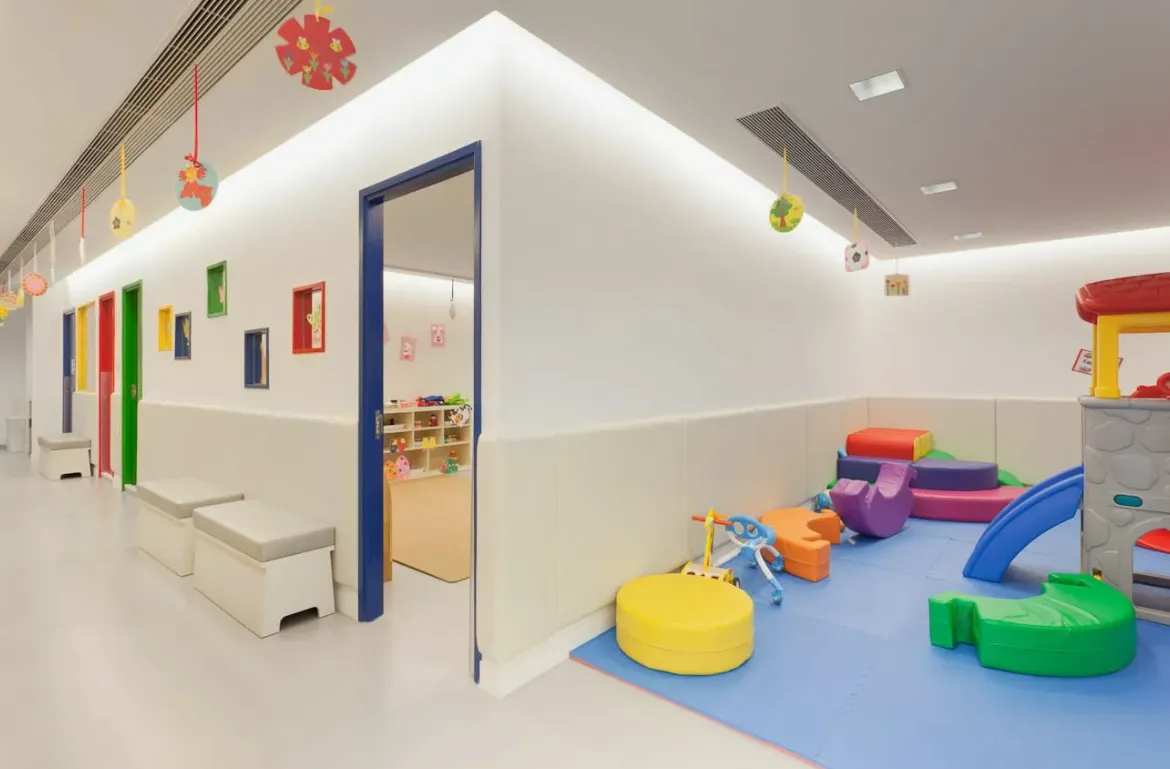Choosing the Right Vinyl Welding Rod for Your Next Project and Ensuring Quality Results
The Importance of Vinyl Welding Rods in Industrial Applications
Vinyl welding rods play a crucial role in various industries that require strong and reliable welding solutions. These rods are primarily used for joining vinyl materials, which are commonly found in numerous applications ranging from manufacturing and construction to automotive and marine industries. Understanding the properties, types, and applications of vinyl welding rods can significantly contribute to improving the quality and durability of welded products.
What are Vinyl Welding Rods?
Vinyl welding rods are elongated materials made from polyvinyl chloride (PVC) or other vinyl compounds. They are specifically designed for use in welding processes where the goal is to create a strong bond between two vinyl surfaces. The welding process involves heating both the welding rod and the surfaces to be joined. Once the materials reach the appropriate temperature, the molten rod is applied to the joint, allowing it to fuse with the existing vinyl and create a seamless and durable connection.
Properties of Vinyl Welding Rods
The primary advantage of using vinyl welding rods is their compatibility with various types of vinyl materials. These rods exhibit excellent chemical resistance, which makes them ideal for environments where exposure to harsh chemicals or extreme weather conditions is common. Additionally, vinyl welding rods are known for their flexibility, strength, and resilience, allowing for the creation of joints that can withstand significant stress and movement.
Another significant aspect of vinyl welding rods is their color consistency
. Industrial applications often require the finished product to have a uniform appearance. High-quality welding rods ensure that the color and texture of the joint closely match the surrounding vinyl. This cosmetic aspect is particularly important in products like inflatable structures, banners, and custom graphics.Types of Vinyl Welding Rods
Vinyl welding rods come in various sizes, shapes, and formulations to cater to different applications. Common types include
vinyl welding rod

1. Round Welding Rods These are the most versatile and are used in a wide range of applications. Their round shape allows for easy handling and precision during the welding process.
2. Flat Welding Rods Ideal for flat seams or joints, these rods provide a larger surface area for bonding, ensuring strong welds in applications that require more extensive coverage.
3. Color-Matched Rods Many manufacturers offer welding rods that are specifically color-matched to the vinyl materials being welded. This feature is essential for maintaining aesthetic integrity in visible seams.
4. Specialty Rods For unique applications, such as those involving reinforced vinyl or certain grades of PVC, specialty rods designed for specific formulations may be required. These rods ensure compatibility and enhance the overall performance of the weld.
Applications of Vinyl Welding Rods
The versatility of vinyl welding rods makes them suitable for a wide range of applications. In the automotive industry, they are commonly used to repair vinyl upholstery and dashboard components. In the marine sector, vinyl welding rods are employed to fix boat covers and inflatable boats, where waterproof seams are critical.
In construction and manufacturing, these rods are utilized in fabricating tents, tarps, and commercial signage. The ability to create robust welds that resist weathering and UV exposure is invaluable in these applications, ensuring longevity and durability of products.
Conclusion
Vinyl welding rods are indispensable tools within various sectors that rely on vinyl materials. Their unique properties, compatibility with different vinyl types, and the ability to produce strong, visually appealing joins make them essential in today’s industrial landscape. As industries continue to evolve, the significance of high-quality vinyl welding rods will only grow, leading to advancements in both product design and manufacturing processes. Understanding how to effectively use these welding rods can enhance the quality and durability of vinyl-based products, ensuring that they meet the rigorous demands of modern applications.
-
SPC FlooringJun.24,2025
-
Bathroom Wall CoveringsJun.24,2025
-
Why Dry Back LVT Flooring Is the Smart Choice for Modern InteriorsJun.05,2025
-
Transform Your Interiors with Elegant Luxury Vinyl Flooring OptionsJun.05,2025
-
The Rise of SPC Vinyl Flooring: A Modern Solution for Durable and Stylish SpacesJun.05,2025
-
Click LVT Flooring: The Perfect Blend of Style, Strength, and SimplicityJun.05,2025




